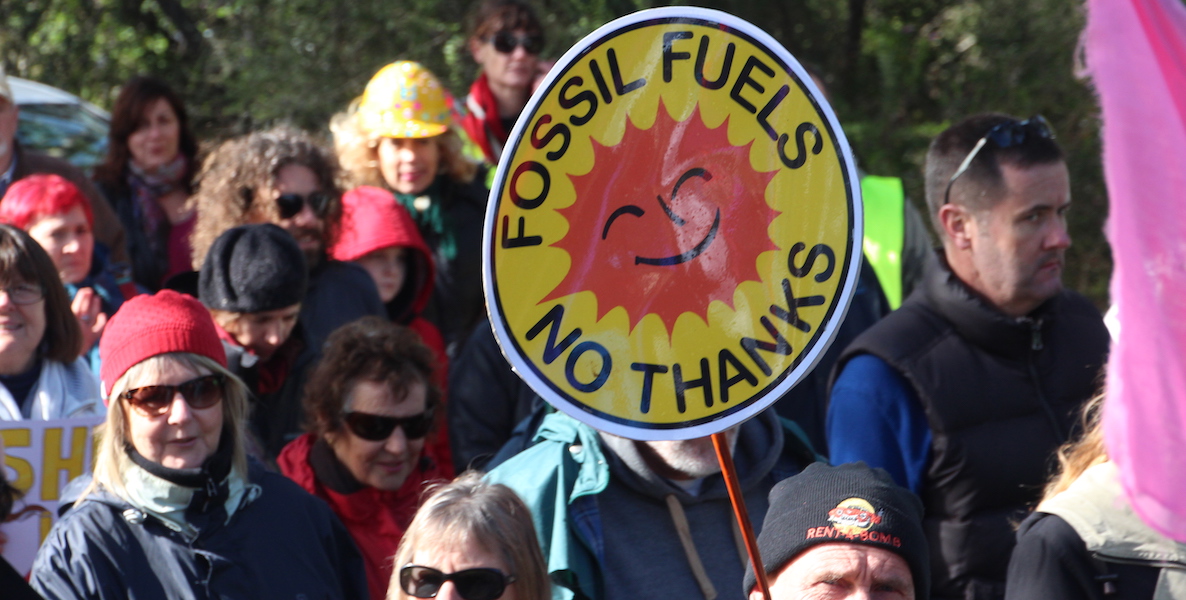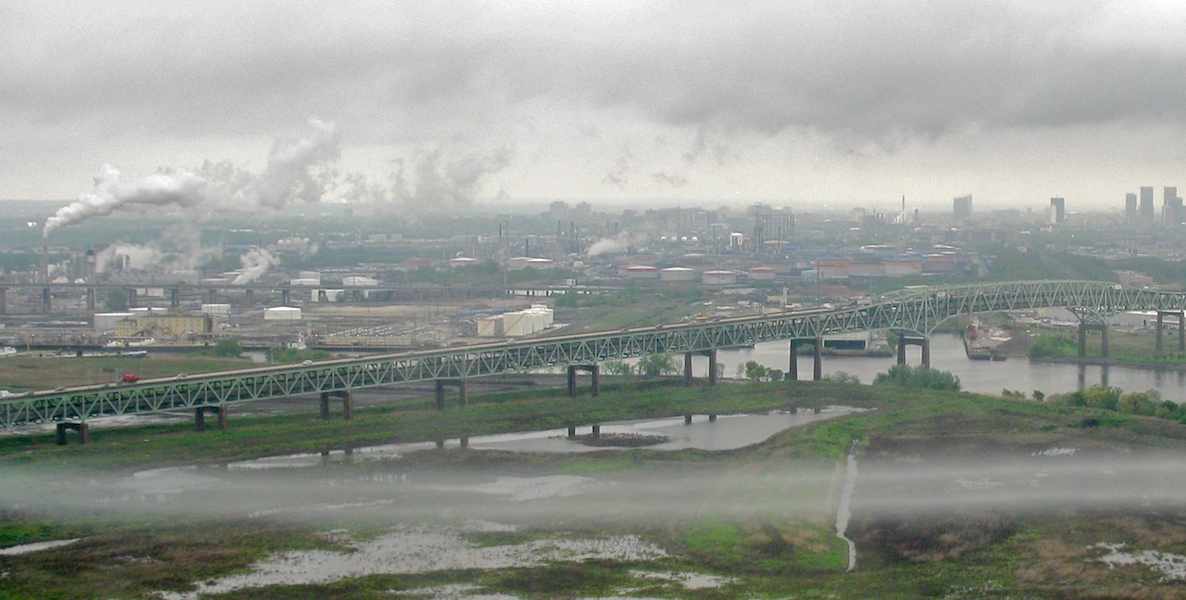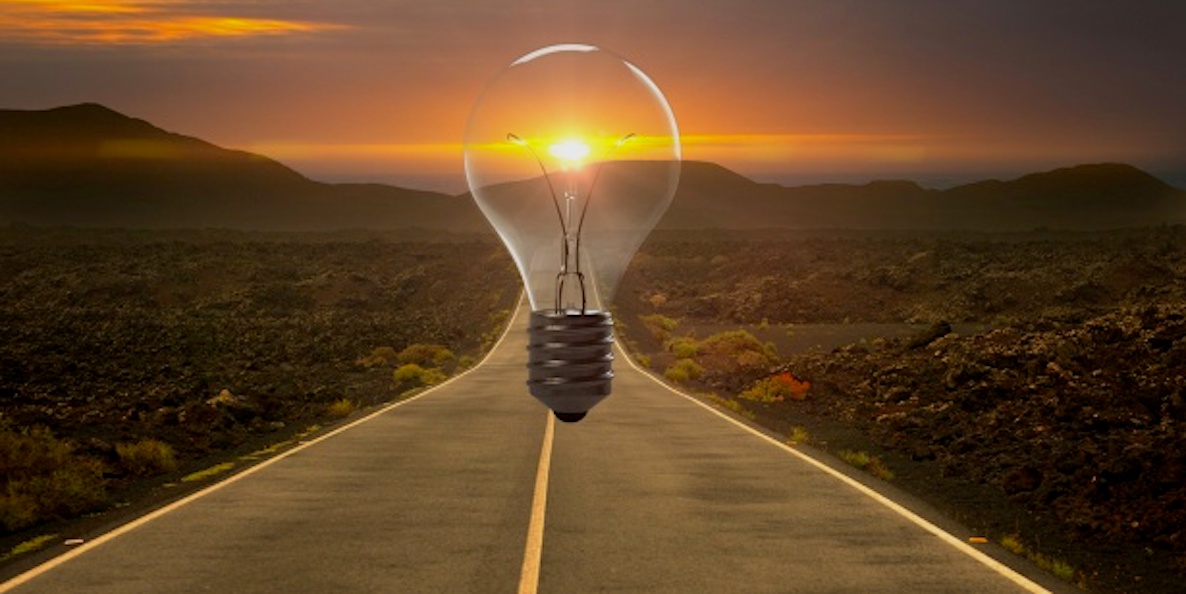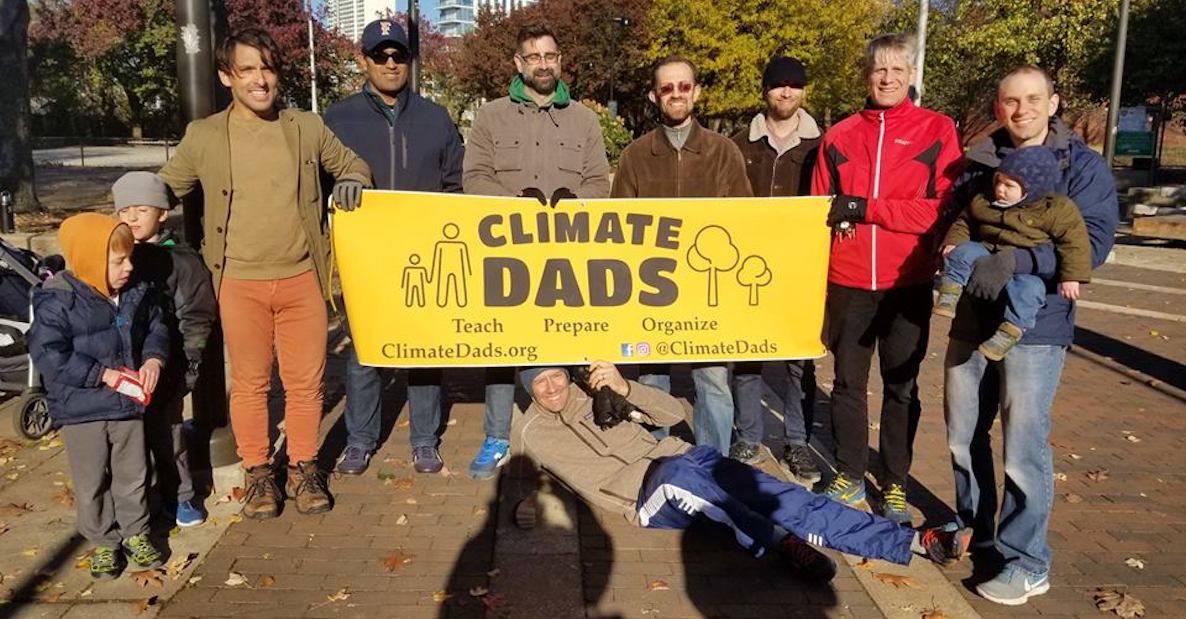“Our brains aren’t structured to concern ourselves with the distant future, which is why grappling with climate change is so hard,” says Ben Block, who for years has worked in communications for energy and environmental organizations. “But the minute you become a parent, suddenly those years far off in the future have greater meaning, and the threats of 2050 become a concern of the now.”
Block knows: His sense of urgency about climate change was heightened by the timing of his son’s birth just over two years ago. “Soon after Corey was born, the U.S. stopped positioning itself as a leader in addressing the concerns of climate change. I wanted to get together with other like-minded new fathers and just commiserate over a beer and think about how much we were heading in the wrong direction,” he says.
“When folks are at a show at Johnny Brenda’s, will they ever think that this is a spot that could be flooded?” Block says. “Probably not.”
He reached out to a friend, Jason Sandman. Transplants from Baltimore and Buffalo, respectively, Block and Sandman, whose son Felix is just months older than Corey, had been introduced by mutual friends, and decided to tap other guys — specifically male caretakers, who invariably appreciate the stakes of climate change relative to their little loved ones — to not only vent, but take action.
“There are several groups that represent mothers, groups that represent grandparents and children, but there was nothing that uniquely spoke to the concerns of and also represented the voices of fathers,” Block says. He acknowledges that while — yes — males traditionally have more seats at decision-making tables, they’re not exactly rushing to speak up when it comes to this particular issue. “There’s a sense of toxic masculinity around climate change. There are studies showing that men are less likely to care about environmental issues, broadly. But you don’t have to look at studies to believe that the average guy is not going to be the one hanging out by the grill and talking about sea level rise. That’s not a scenario that is very common.”
This “climate silence,” he says, is the the biggest factor holding back progress.
To change that, Block and Sandman created Climate Dads with a three-part mission: to be a source of information; to get people outdoors; to hold social and advocacy events around climate change.
![]()
They started small. Their first meetup was at Schuylkill River Park, where kids were welcome. The weather was cold, snacks were minimal, and alcohol was non-existent. Still, about 10 men and their children came out.
And supporters — dads, grandfathers, uncles, stepfathers, and more — continued to come out. To meetups at PlayArts. To field trips to Bartram’s Garden and John Heinz and Tinicum Wildlife Refuge, in partnership with groups like Asociación Puertorriqueños en Marcha (APM), Climate & Urban Systems Partnership, and more.
“If we are really going to effect change, we need to make sure that we represent the totality of who we say we are, and obviously parents are of every race and ethnicity. It can be hard with any issue to really break outside of our silos and work together, but being inclusive and representative of the rich diversity of Philadelphia is very important to us,” Sandman says.
“It’s not about just posting pictures of problems and saying ‘A polar bear is dying!’” says Sandman. “It’s saying, ‘Here’s something actionable; this is going to affect you, so here’s something you can do.’”
That first playground get-together was a year ago. Since then, the group has attracted roughly 700 followers across social media channels and its email list, with one-third of them in Philly and the remaining Climate Dads in 20 cities around the U.S. Now, as Climate Dads prepares to celebrate its one-year anniversary this Father’s Day, it’s doing so provocatively.
“We call it guerrilla climate change education, where we are covertly going around in the Philly neighborhoods that are most likely to be impacted by sea level rise, and placing stickers that say this spot where you are standing may be underwater one day if we do nothing to address climate change,” Block explains. The stickers come courtesy of This Place Will Be Water, a campaign that tracks how, by the year 2100, if humans do nothing to change the course of climate change and global temps increase by so much as two degrees celsius, sea level change could be catastrophic. Over the last week, you may have seen their stickers around Society Hill, Port Richmond, Logan Circle — or on Instagram, where they’re documenting their efforts.
![]()
“When folks think about sea level rise, they do think about the Jersey shore,” Block acknowledges. “And maybe they know that Margate just invested millions of dollars into some new dunes and they realize that it’s a problem there. But when they’re at a show at Johnny Brenda’s, will they ever think that this is a spot that could be flooded? Probably not.”
Now maybe they will.
But more than just thinking about it, Block and Sandman want to empower dads—meaning all male caretakers—to do something. “It’s not about just posting pictures of problems and saying ‘A polar bear is dying!’” says Sandman. “It’s saying, ‘Here’s something actionable; this is going to affect you, so here’s something you can do.’ We’re going to enable it. We’re going to nourish and cultivate that sense of agency where you feel empowered to do it.”
![]()
Signing up to become a Climate Dad, which is free, includes a monthly subscription to tips for outdoor activities, book recs, and DIY science projects; a newsletter with product reviews and advice for going green; financial planning advice about low-carbon investments; and, most meaningfully, connections with fellow Climate Dads. Block and Sandman envision holding rotating meetups at venues around Philly, where men can share their worries and their recommendations.
“If we do nothing in the next 10 years, we’ll suddenly not be trying not to prevent climate change, we’ll be trying to clean up after it. And so it really is important that we change our paradigm of thinking and realize that it’s not only the obvious places that will be suffering — it’s home,” says Block.
Photo via Climate Dads






